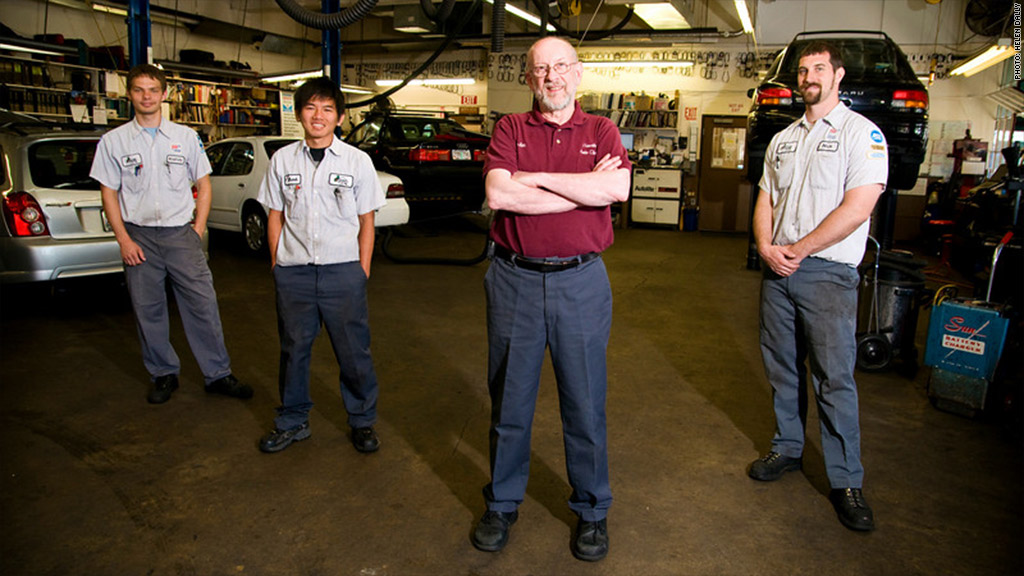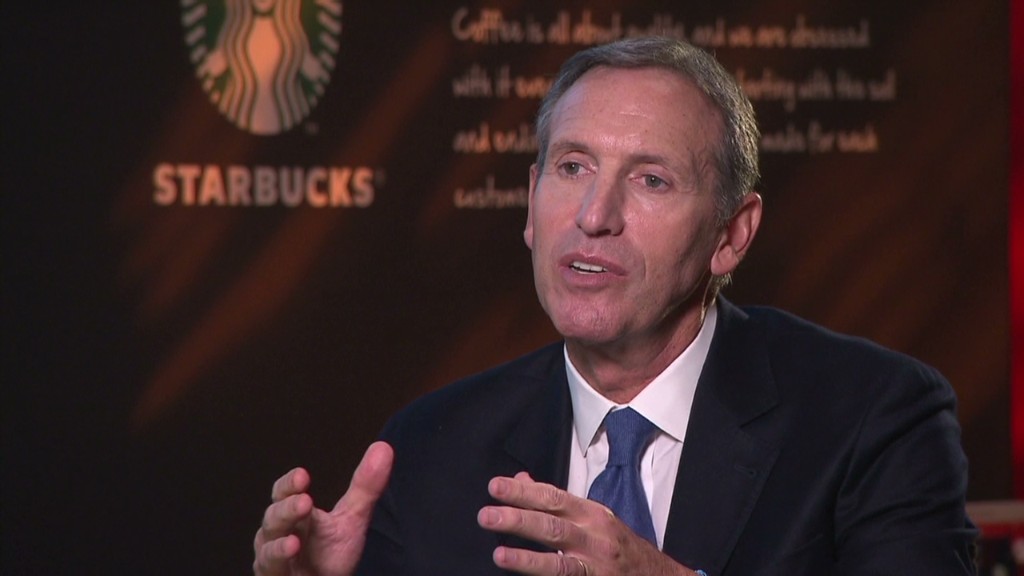
Of all the fiscal cliff issues, there's one that scares small businesses most of all: The end of the payroll tax holiday.
The tax comes from worker paychecks and funds Social Security. For the past two years, workers have been paying a rate of 4.2%. In 2013, the rate is set to rise back to 6.2% on the first $113,700 in wages.
"That's like they got a 2% pay cut," said Tim Christiansen, who owns the Vino per tutti wine store in Bozeman, Montana. "If all of a sudden that's gone, they'll slow down and start looking for things that are less expensive."
He's seen that happen before. During the most recent recession, customers stopped reaching for high-end wines -- those above $50 a bottle.
Related: Fiscal cliff could bring paycheck scramble
It was a painful experience for Christiansen, who couldn't move his inventory and was forced to drop the number of high-end bottles in his store from 20 to 6. It's taken years for customers to gain back some of their confidence and start spending again.
Christiansen, who's been carefully eyeing his customer's spending habits, recently raised the number of high-end wine bottles to 10.
He fears an end to the payroll tax holiday will set him back yet again.
"People are still going to come in, but they'll look more for the $10 Portuguese red blend than the $20 bottles of Alexander Valley Vineyards Cabernet Sauvignon," he said.
He also worries they might be tempted to drop his membership club -- a steady stream of income that's a core part of his business.
The White House has indicated it might like to see a payroll tax cut extension as part of a fiscal cliff deal. House Republicans, however, excluded such an extension in their counter proposal. And even many Democrats may not want to extend the cut because it's a key source of revenue for Social Security.

Shaving 2% off customer's paychecks would also be a setback for the Hawthorne Auto Clinic in Portland, Oregon. In the good ol' days, shop co-owner Jim Houser would hand customers a lengthy maintenance required list, and they'd just sign off on the whole thing.
If it kept their car in good working order, it was worth it.
Ever since the recession, though, customers have taken to inspecting the list themselves. They'll pay only for maintenance that is absolutely necessary to keep their cars from breaking down on the road in the next few months, Houser said. In response, the auto shop has changed its business model, ramping up advertising to draw more customers who each want less work per car.
Ending the payroll tax holiday would take away $80 a month from someone earning $50,000 a year. What happens if a customer decides to spend $80 less on a car repair bill?
Houser said a customer might choose to not replace a fan belt or instead decide to skip an oil change, tire rotation and brake inspection.
"It's like putting off going to the dentist," Houser said. "We have 15 customers a day. If each of those people has less money to spend, that would definitely be a problem."



